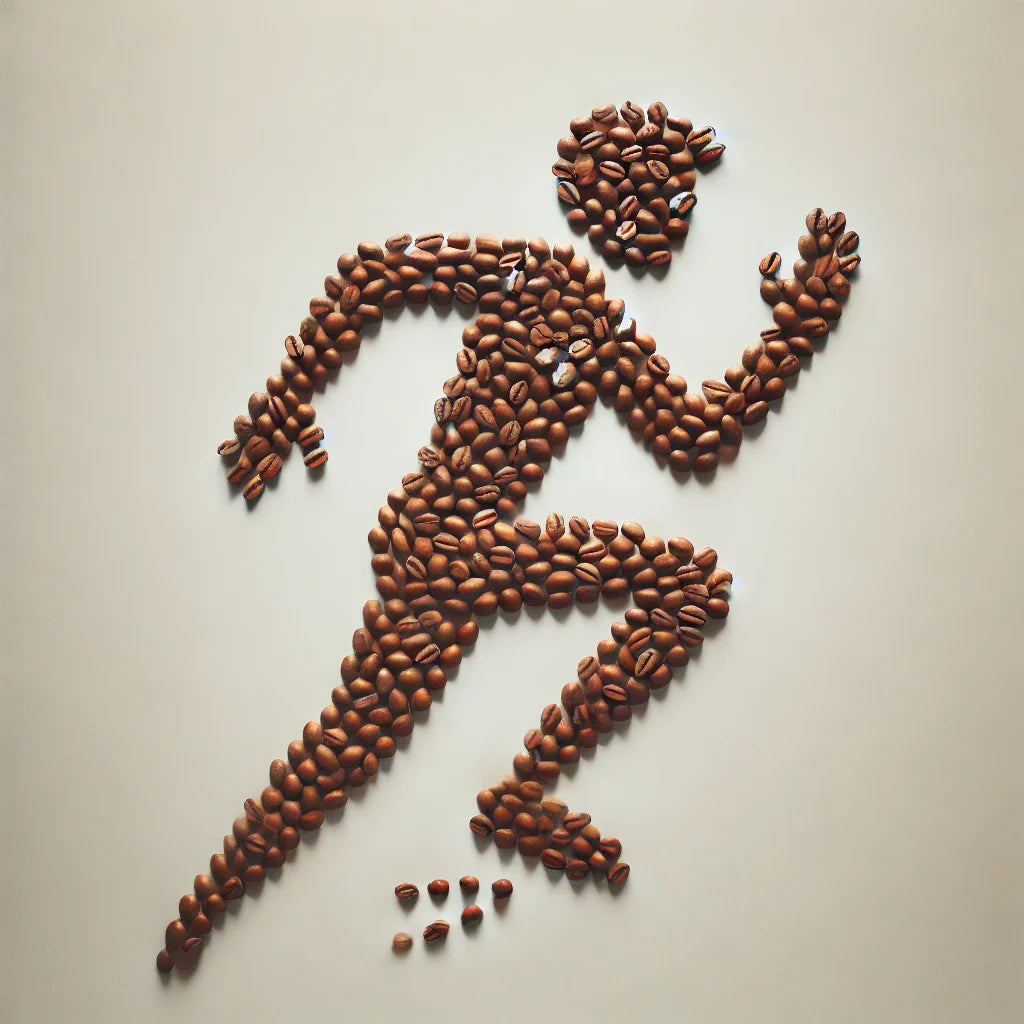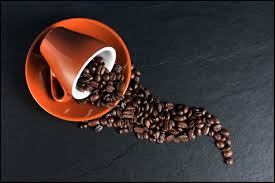
Caffeine: The Not So Secret Boost for Endurance Athletes
Caffeine—our favorite morning companion—isn’t just about jumpstarting your day. It’s also a superstar in the world of endurance sports, delivering measurable boosts to performance when used strategically. A recent meta-analysis pooled data from 21 randomized controlled trials to explore exactly how caffeine works its magic for endurance athletes. Spoiler: it’s more than just an energy jolt.
TL;DR
Caffeine can help you run faster and longer by improving endurance and reducing fatigue. Studies show trained athletes might gain a little extra from caffeine’s effects, but everyone can benefit when dosing is right. The key lies in timing, dosage, and understanding your body’s response.
The Full Breakdown
What the Research Found
When caffeine meets endurance exercise, the results are nothing short of impressive. This meta-analysis focused on two key measures:
-
Time to Exhaustion: How long can an athlete keep going before they hit their absolute limit? Caffeine consistently extended this duration, meaning people supplemented with caffeine could push harder for longer.
-
Time Trials: Here’s where speed comes into play. Athletes who consumed caffeine completed fixed-distance runs faster than those on a placebo.
While caffeine worked for everyone, the data suggested that trained athletes and long-distance exercisers might reap slightly more benefits. The researchers didn’t find this difference to be statistically significant, but it’s worth considering if you’re already logging serious miles or pushing through high-intensity workouts.
Why Does Caffeine Work?
The magic lies in how caffeine interacts with both your brain and your muscles:
-
Sharper Focus, Lower Perceived Effort: Caffeine ramps up your central nervous system activity. This not only boosts mental clarity and focus but also lowers your perception of how hard you’re working. When you think the effort is manageable, you can keep going longer.
-
Stronger Muscle Contractions: By triggering a greater release of calcium ions in your muscle cells, caffeine increases the force your muscles can produce. In endurance sports, this means more powerful strides or pedal strokes over extended periods.
-
Fatigue Blocker Extraordinaire: Caffeine blocks adenosine receptors in your brain, which would normally make you feel tired. It’s like flipping off the "fatigue switch," letting you keep the pace without feeling wiped out.
How to Use Caffeine for Endurance Gains
If you’re tempted to test out caffeine for your next big race or training session, here are some practical tips to get the most out of it:
-
Timing Matters: To get the best results, consume caffeine about 30–60 minutes before starting exercise. This gives your body enough time to absorb it and kick in at the right moment.
-
Dosing Sweet Spot: The studies show that 3–9 milligrams of caffeine per kilogram of body weight works well for most people. To put that in perspective, a 70 kg (154 lb) athlete would need about 210–630 mg of caffeine. But here’s the catch: caffeine tolerance is wildly personal. Start small and adjust based on how your body reacts.
-
Who Benefits Most: Endurance athletes—like runners, cyclists, and swimmers tackling prolonged or high-intensity sessions—stand to gain the most. Shorter-duration activities may not see the same payoff.
-
Don’t Overdo It: Too much caffeine can lead to jitters, a racing heart, or even GI distress. Aim for moderation to avoid sabotaging your performance.
Takeaways for Athletes
This meta-analysis reinforces what many endurance athletes have already discovered: caffeine is a reliable tool for better performance. Whether you’re chasing personal records or tackling tough workouts, the evidence suggests caffeine can:
- Help you keep going longer.
- Let you run (or bike or swim) faster.
- Make exercise feel less grueling.
But it’s not one-size-fits-all. Your fitness level, activity type, and individual tolerance to caffeine all play a role in how much you’ll benefit. And if you’re experimenting with supplements like caffeine, test it in training before you try it on race day.
Research Roundup
Want to dig deeper? Check out the meta-analysis that inspired this discussion:
Wang Z, Qiu B, Gao J, Del Coso J. Effects of Caffeine Intake on Endurance Running
Performance and Time to Exhaustion: A Systematic Review and Meta-Analysis.
Nutrients. 2022;15(1):148. Published 2022 Dec 28. doi:10.3390/nu15010148


